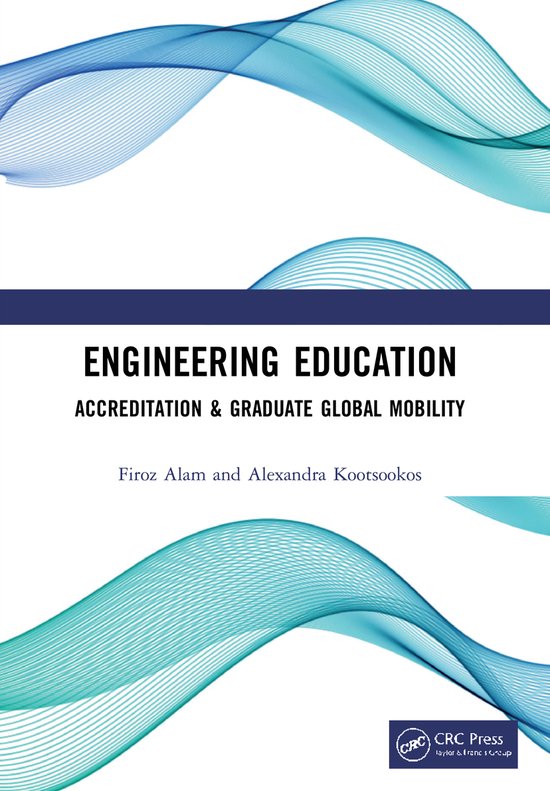Engineering education

2 - 3 weken
Examines the paradigm of engineering education, the process of accreditation and how accreditation affects graduate global mobility and employability. It will be of value to professionals and students in the field of engineering education, accreditation bodies, government policy makers, Heads of School and professional organizations.
This book details the key concepts, objectives and processes relating to the professional accreditation of engineering bachelor (honours) degrees. The contemporary context of accreditation is examined in terms of the globalised nature of both the engineering profession and higher education. Examples of the processes relating to single and dual accreditation are provided, with examination of the Washington Accord and the requirements of the European Network for Accreditation of Engineering Education. Details are also provided as to how learning outcomes can be structured to demonstrate compliance with accreditation criteria. The final chapters deal briefly with quality assurance processes used in education and the current international quality ranking systems which exist.
This book will provide the reader with a detailed examination of outcome based education within the context of Bachelor of Engineering (honours) degrees. A key feature of this book is the side-by-side comparison of different accreditation criteria and a thorough discussion of the relatively new phenomenon of dual accreditation.
The book seeks to provide a very clear explanation and exploration of accreditation within the context of engineering education and will benefit those practitioners involved in the accreditation process.
- Bekijk alle specificaties
Taal: en
Bindwijze: Paperback
Oorspronkelijke releasedatum: 25 juni 2022
Aantal pagina's: 218
Illustraties: Nee
Hoofdauteur: Firoz Alam
Tweede Auteur: Alexandra Kootsookos
Hoofduitgeverij: Crc Press
Product breedte: 174 mm
Product lengte: 246 mm
Studieboek: Nee
Verpakking breedte: 174 mm
Verpakking hoogte: 246 mm
Verpakking lengte: 246 mm
Verpakkingsgewicht: 453 g
EAN: 9780367639907